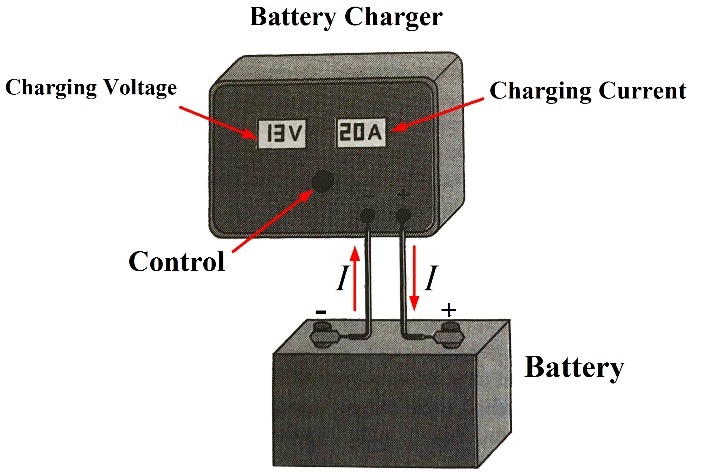Yes, a lead-acid battery can short circuit. A short circuit in a lead-acid battery can occur due to several reasons, and it often leads to serious issues such as rapid discharge, overheating, potential explosions, and permanent damage to the battery.
Causes of Short Circuits
- Internal Causes:
- Sulfation: Severe sulfation can cause the lead sulfate crystals to grow and create a conductive path between the positive and negative plates.
- Plate Shedding: Over time, the active material on the plates can shed and accumulate at the bottom of the battery, potentially creating a conductive bridge between plates.
- Separator Failure: The separators between the plates can degrade, become punctured, or disintegrate, allowing the plates to touch and cause a short circuit.
- Manufacturing Defects: Poor manufacturing quality can lead to internal defects such as improper alignment of plates or inadequate separators.
- External Causes:
- Incorrect Connections: Improperly connecting the battery terminals can lead to external short circuits.
- Damaged Casing: Physical damage to the battery casing can expose the internal components and create short circuits.
- Faulty Wiring: In vehicles or equipment, faulty wiring can cause external shorts that affect the battery.
Effects of Short Circuits
- Rapid Discharge:
- A short circuit creates a low-resistance path for the current, causing the battery to discharge rapidly. This can lead to immediate power loss and inability to start or run equipment.
- Overheating:
- The rapid flow of current generates significant heat, which can cause the battery to overheat. Overheating can damage the internal components and lead to thermal runaway in extreme cases.
- Potential Explosion:
- The heat generated by a short circuit can cause the electrolyte to boil, leading to gas build-up and potential explosion if the gases are ignited.
- Irreversible Damage:
- A short-circuited battery often suffers irreversible damage, making it unable to hold a charge or function properly. This typically requires the battery to be replaced.
Prevention
- Regular Maintenance:
- Check and maintain electrolyte levels to prevent sulfation and ensure the plates are submerged.
- Inspect the battery for signs of physical damage or corrosion.
- Proper Charging:
- Use an appropriate charger to avoid overcharging or undercharging, which can contribute to internal damage and sulfation.
- Quality Batteries:
- Use high-quality batteries from reputable manufacturers to minimize the risk of manufacturing defects.
- Secure Installation:
- Ensure the battery is securely installed and protected from physical damage and extreme conditions.
- Routine Inspections:
- Regularly inspect the battery and associated wiring in vehicles and equipment to identify and rectify potential issues before they lead to short circuits.
Conclusion
Lead-acid batteries can indeed short circuit, resulting in rapid discharge, overheating, potential explosions, and irreversible damage. Understanding the causes and implementing preventive measures can help mitigate the risk and ensure the safe and efficient operation of lead-acid batteries.


